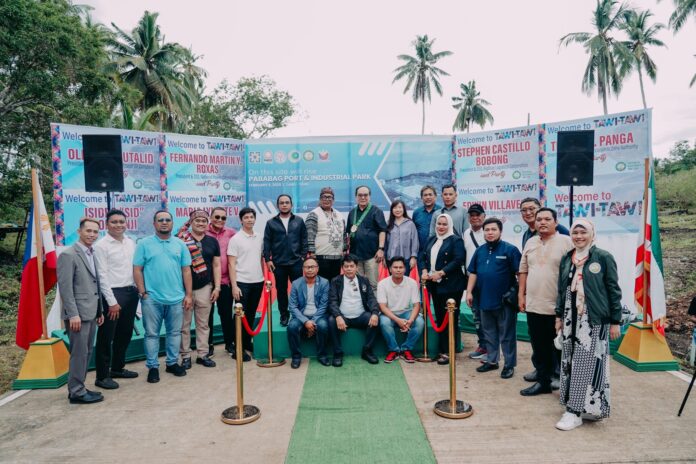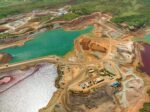The Philippine National Oil Company (PNOC) has embarked on a critical partnership with Indonesia’s PT Pertamina to explore the development of a self-generating industrial park in Tawi Tawi, marking a significant step in efforts to address energy challenges in the region.
A scoping visit to the proposed site in Pababag, Bongao, was conducted from 5 to 6 February this year. The initiative sought to provide innovative and cost-effective energy solutions to geographically isolated and disadvantaged areas (GIDAs) in the Philippines. The industrial park is expected to play a key role in fostering economic growth by ensuring access to secure and affordable electricity in the region, which is often constrained by energy access challenges.
The next phase of the project includes the preparation of a bankable feasibility study, expected later this year, to attract investors. In addition, PNOC will establish a technical working group to oversee the project’s development. The initiative is part of a broader memorandum of understanding (MOU) signed between PNOC and Pertamina last November, which outlines collaboration in the LNG market and energy infrastructure.
PNOC president and CEO Oliver Butalid emphasized the potential of liquefied natural gas (LNG) to drive rapid economic development in off-grid islands such as Tawi Tawi. He noted that the partnership with Pertamina would facilitate the establishment of a secure LNG supply chain, which would unlock economic opportunities in remote regions by ensuring reliable power supply.
This collaboration also seeks to advance mutual cooperation in energy sectors including LNG infrastructure, biofuel, and sustainable aviation fuel production. Both firms will also focus on knowledge exchange and joint market intelligence efforts, enhancing regional energy security and fostering economic growth through expanded energy infrastructure.
The project represents a major commercial and economic opportunity for both countries, enhancing energy cooperation and supporting the development of sustainable solutions for underserved regions.







